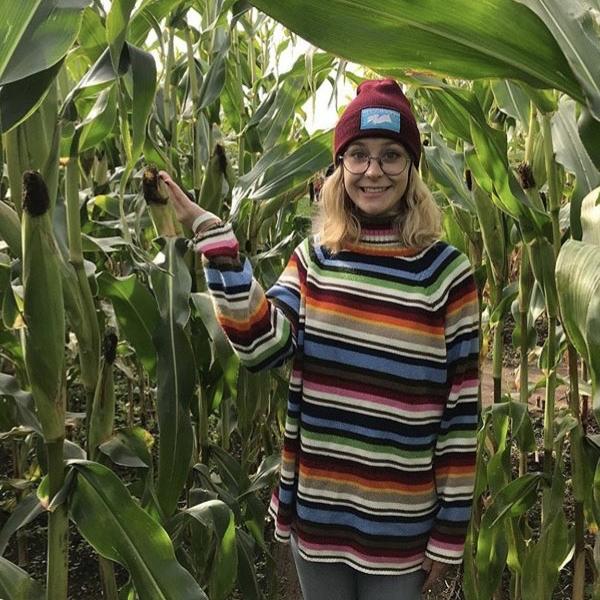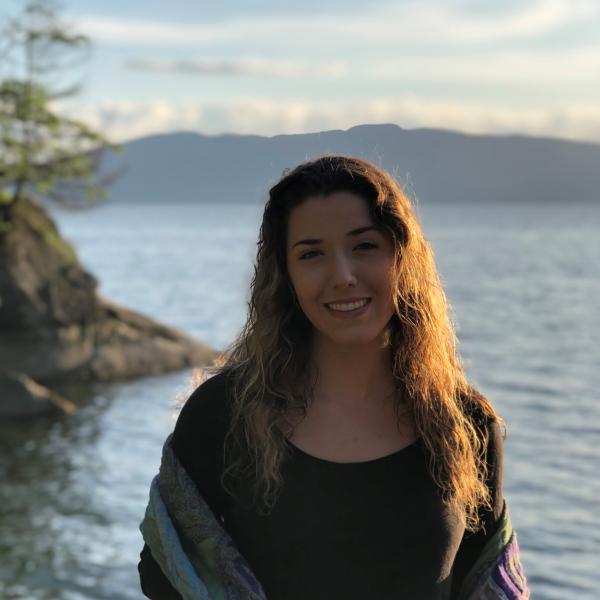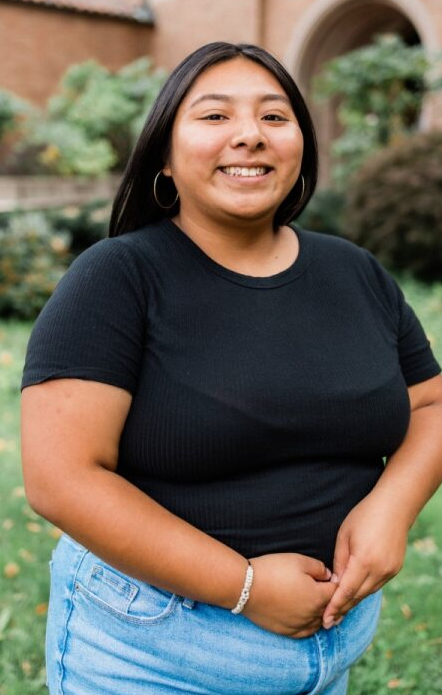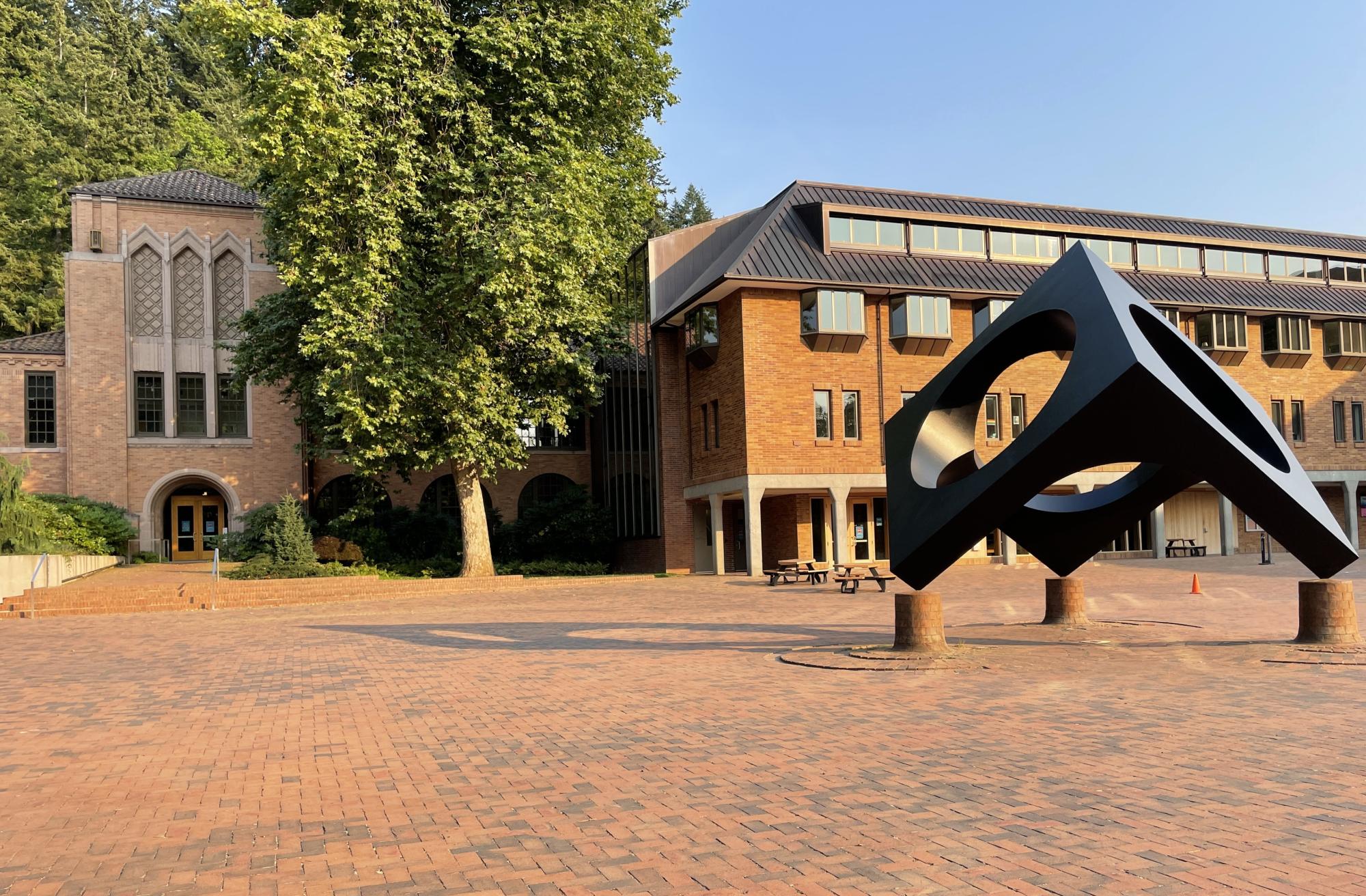Student Peer Mentors
Office of Diversity, Recruitment and Retention
What do peer mentors do?
Peer mentors build community, foster relationships, hold advising sessions, and try to help and support in whatever way we can. We find resources, are a resource, refer students to other people as resources, and help to make the first year of college easier
Peer Mentor Application!
The DRR office is hiring for the 2024-2025 DRR Peer Mentor position!
Applications are due by Sunday, May 5th @11:59pm
Please find the application below and don't hesitate to reach out with any questions!
What does it mean to be a peer mentor?

"Being a peer mentor means being a resource for students who are trying to navigate their first year of college. The first year is strange and challenging for many students, especially first-generation college students. Figuring out how to pick classes, how to manage time, how to make friends, how to do anything in college is hard. Not to mention that now we are in a pandemic as well. Being a peer mentor now, during COVID19, means being a virtual support. To be a peer mentor also means to be proud, proud of these students surviving and navigating college online during a pandemic.
To be a peer mentor also means to be someone who tries to disrupt the system we are working within. The FWS program supports students who the system was built against or was built in a way that was unwelcoming to them. By supporting students and helping them to succeed, we are, as Western would say, ‘making waves’ of change. We work to create the future we want to see, even if the institution does not have the same vision as us."
Ilona BroseWoodring Peer Mentor, SPED & ELED

"My role as a peer mentor is to cultivate positive relationships and community with first-year college students. We promote academic and personal success through frequent communication, community events, academic planning and support, and sharing resources and events. As students navigate their first year of college and take courses that help them to build a critical consciousness and understanding of education systems, we as mentors support their growth as agents of change who have the skills and knowledge to pursue human services and education programs.
Mentoring during a pandemic means that it is especially important to provide inclusive and safe spaces for students to collectively and individually process, grieve, and communicate. Being a peer mentor this year has challenged me to practice critical self-reflection and professional development to become more aware of my positionality as a mentor, as well as to understand the various systemic barriers to education that students face, many of which are exacerbated by COVID-19. Mentoring through entirely virtual platforms is an ongoing learning process, but it has also been the most gratifying and important work I have done this past year."
Waverly ShrefflerWoodring Peer Mentor, B.A. Environmental ED & MIT
Karina Avila
Peer mentors are people who uplift you through your goals, strengths and experience. All the mentors I have learned from always empowered me through my experiences as a person, student and ongoing learner. As a first gen in higher education I found comfort in having a mentor who had similar experiences in life. It helps me feel okay to ask for help. I have taken parts and qualities I admire from my mentors and find what works for me as a peer mentor. As a peer mentor I value connecting with the students I engage with. Being local to this area allows me to connect with students who are also from Skagit and Whatcom county. As a peer mentor I always try to find how I can use what I know and who I know in the university to set students up to their potential and expectations within themselves.
 Karina AvilaWoodring Peer Mentor, MIT
Karina AvilaWoodring Peer Mentor, MIT


